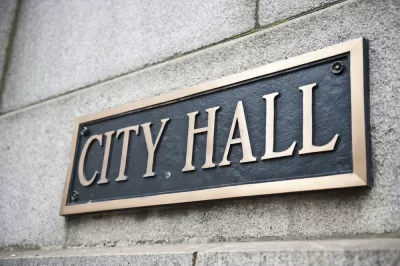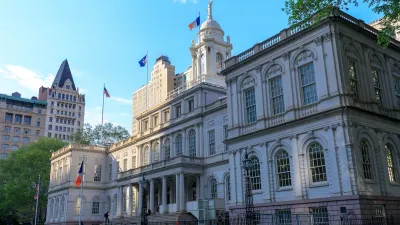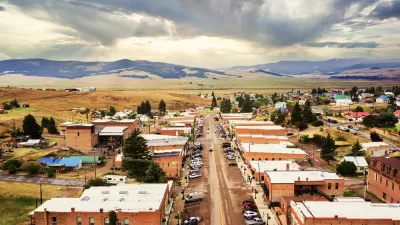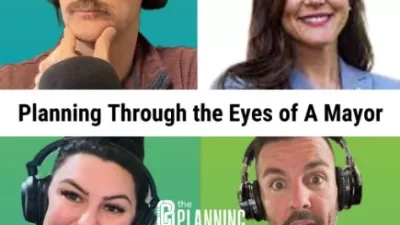City management models offer different benefits and drawbacks.

Alan Ehrenhalt, writing in Governing, describes the history of a little-known form of municipal government known as city commission government. Portland, Oregon, the only American city to use this management system, will now replace it with a “more conventional structure,” writes Ehrenhalt, using this as a jumping-off point for discussing the merits and drawbacks of different city management models.
Although city commissions are intended to “invest politicians with executive authority so that they would take government more seriously and to encourage voters to elect more capable candidates in the first place,” the problems with the model are easy to spot. “[The model gives] elected council members the authority to function as administrators of key city departments. You could win a place on the council and soon find yourself running the police department, even if (as was often the case) you didn’t know much about law enforcement.”
Nevertheless, the system paved the way for the city manager model common in many small cities and towns today. This system comes with its own flaws, such as how “city-manager government leaves no one in a position to serve as a public spokesperson and chief decision-maker.” Meanwhile, the strong-mayor system can lead to either success or corruption, depending on the people in office. As Ehrenhalt concludes, “A dedicated and shrewd public servant can make any system work — even a city commission — while a scoundrel or an incompetent can make any system fail.”
FULL STORY: Is There a Single Best Way to Manage a City?

Alabama: Trump Terminates Settlements for Black Communities Harmed By Raw Sewage
Trump deemed the landmark civil rights agreement “illegal DEI and environmental justice policy.”

Study: Maui’s Plan to Convert Vacation Rentals to Long-Term Housing Could Cause Nearly $1 Billion Economic Loss
The plan would reduce visitor accommodation by 25% resulting in 1,900 jobs lost.

Planetizen Federal Action Tracker
A weekly monitor of how Trump’s orders and actions are impacting planners and planning in America.

Waymo Gets Permission to Map SF’s Market Street
If allowed to operate on the traffic-restricted street, Waymo’s autonomous taxis would have a leg up over ride-hailing competitors — and counter the city’s efforts to grow bike and pedestrian on the thoroughfare.

Parklet Symposium Highlights the Success of Shared Spaces
Parklets got a boost during the Covid-19 pandemic, when the concept was translated to outdoor dining programs that offered restaurants a lifeline during the shutdown.

Federal Homelessness Agency Places Entire Staff on Leave
The U.S. Interagency Council on Homelessness is the only federal agency dedicated to preventing and ending homelessness.
Urban Design for Planners 1: Software Tools
This six-course series explores essential urban design concepts using open source software and equips planners with the tools they need to participate fully in the urban design process.
Planning for Universal Design
Learn the tools for implementing Universal Design in planning regulations.
Caltrans
Smith Gee Studio
Institute for Housing and Urban Development Studies (IHS)
City of Grandview
Harvard GSD Executive Education
Toledo-Lucas County Plan Commissions
Salt Lake City
NYU Wagner Graduate School of Public Service





























